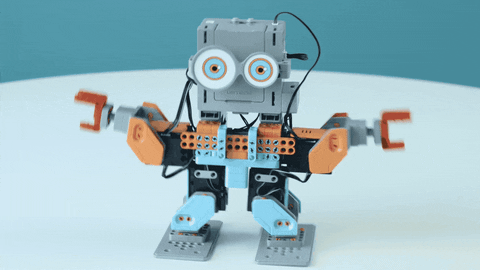
10 years seems a long time when you’re working with technology. I’ve already got domestic robots – a vacuum cleaner and a lawnmower. Both have names and feel like part of the family! Some of my neighbours are confused seeing a robot moving around the garden, and others can’t wait to get their own. It’s by far the greenest way to cut my grass and vacuum the house, and it saves me at least 4 hours a week, so I’ve become attached to my robots.
So what? Well, robotics, AI and machine learning have been around for a long time. Scaling them up depends on new technology such as quantum computing, and the endless amounts of data we are now producing via mobile phones, connected devices and everyone’s favourite social media. Our acceptance and adoption of this technology is a different matter. Somehow, these things need to be ‘humanised’.
So, What Should I Study?

- Mathematics/Statistics/Economics – it’s all about understanding how you can model real-life and predict outcomes.
- Data – understand how IT works with both structured and unstructured data, and get some experience in data preparation and visualisation tools, along with databases and SQL.
- Psychology and Behavioural Sciences – yes, a bit weird, I know, but if we are truly going to live surrounded by technology, it has to make some sense to us.
Things haven’t changed since the Industrial Revolution, when people rejected mechanisation for fear of losing their jobs. It’s important to appreciate how this advanced technology is successfully integrated into our lives. A good example is the use of exoskeletons to help disabled people walk and help factory workers avoid injury when doing repetitive tasks. Good design based on excellent technology and a view to improving lives surely is the way to go.
This article was written by Ruth Miller, Dell Technologies Enterprise Architect.






